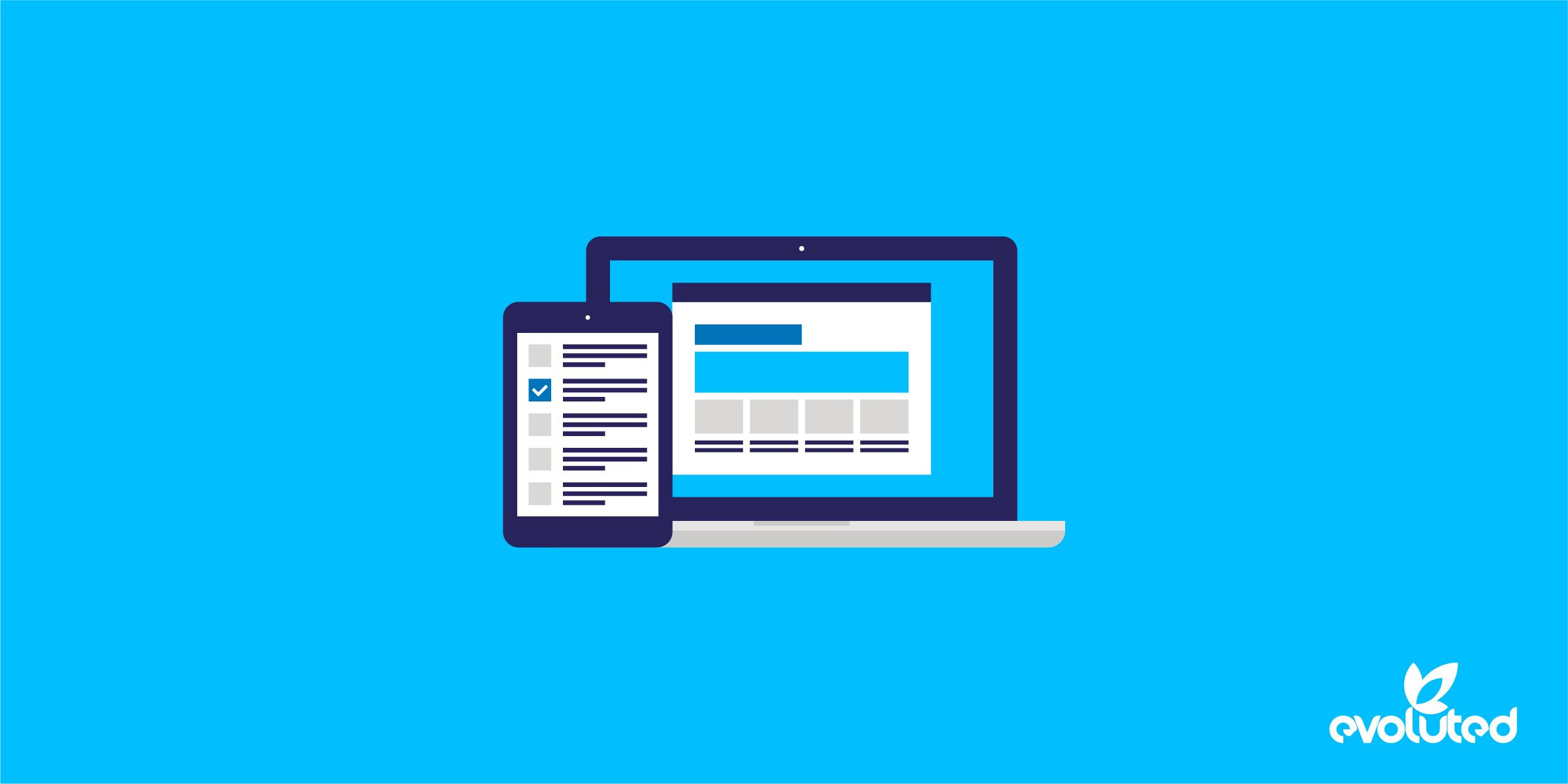Is Machine Learning Really Killing Off PPC Management?
IS MACHINE LEARNING TAKING OVER?

Are we all going to be left unemployed because automated rules, algorithms and artificial intelligence can manage PPC accounts better than we can? Is machine learning really killing off manual PPC management?
It’s been the hottest topic in PPC for some time now and is likely to remain so for a while longer.
Firstly, it’s important to understand how far PPC automation has come in recent years. Automated data collection and analysis is now a given, so too is reactive data-driven bidding based on countless variables and reference points.
These automated tools can carry out complex calculations, analyses and spot trends many hundreds of times faster than our brains can - but this has been the case forever and a day.
Unlike machine learning, though, the most widespread PPC automation still necessitates a fair amount of direct human involvement; whether we’re specifying parameters, sense-checking actions or tweaking and shaping the rules themselves, we remain in control.
So where does this supposed threat to the PPC Account Manager’s job come in?
WHAT DOES MACHINE LEARNING DO IN PPC?
Machine learning and artificial intelligence are often used interchangeably; however, they are not technically the same thing. Artificial intelligence refers to the wider concept of programs or machines being able to carry out tasks normally requiring human senses, intelligence or perception.
Machine learning is an “application of AI based around the idea that we should really just be able to give machines access to data and let them learn for themselves.”
So what counts as machine learning in PPC? Well, for starters, there’s Dynamic Search Ads, in which Google automatically locates relevant customers for your precise website inventory, without needing to research a single keyword. All you need is a URL. You still need to monitor the search terms that are picked up, but DSA could well render keyword research a thing of the past.

A Portfolio Bidding Strategy can automatically optimise almost all biddable variables in your account to meet a precise metric-based target, and the machine makes each of these judgments instantaneously.
Data Driven Attribution will become easier than ever thanks to Google Attribution, which feeds all attribution data back into Adwords. This allows automatic evaluation of how valuable each touch point of the customer journey actually is to the business goals. Naturally, bids can be adjusted automatically at every step for increased overall efficiency.
Google Smart Bidding examines hundreds of signals (device, location, time of day, language, browser, and more) to optimise your campaigns automatically to meet a pre-defined target CPA, ROAS or maximum volume of conversions. Enhanced CPC, which has been around a number of years, is another example of machine learning that is a default strategy for many account managers.
In-Market Audiences are a relatively new feature in which machine learning can generate audience level insights to make your targeting more precise. Google is able to identify a variety of signals and patterns including search history, browsing and conversion behaviour to determine whether a user is close to making a purchase, researching or simply kicking tyres. The amount of data involved here is staggering, so it’s no surprise that machine learning takes the reins.
WHAT IS THE BIG PICTURE?
Machines have no equal when it comes to number crunching, processing enormous data sets and identifying patterns and opportunities within - but their effectiveness is still dictated by a pre-determined strategy and rubric.
This fundamental area is one where we humans undeniably win. Machine learning doesn’t have the same understanding of your business or client goals; it needs us to translate its learnings into an effective and articulate digital strategy to follow.

As machine learning gets more advanced and automation becomes more accessible, the PPC account manager role has to evolve with it. The PPC manager or executive role that we know today will probably advance into a principal PPC Strategist role where understanding and managing these ‘robots’ effectively will be a central skill.
Machine learning is our friend; it can help us drive efficiencies, manage our time and priorities more effectively and reduce grunt work. It’s only going to become more advanced and, as such, the only losers will likely be the those of us who do not embrace the strategic opportunities it presents us.









